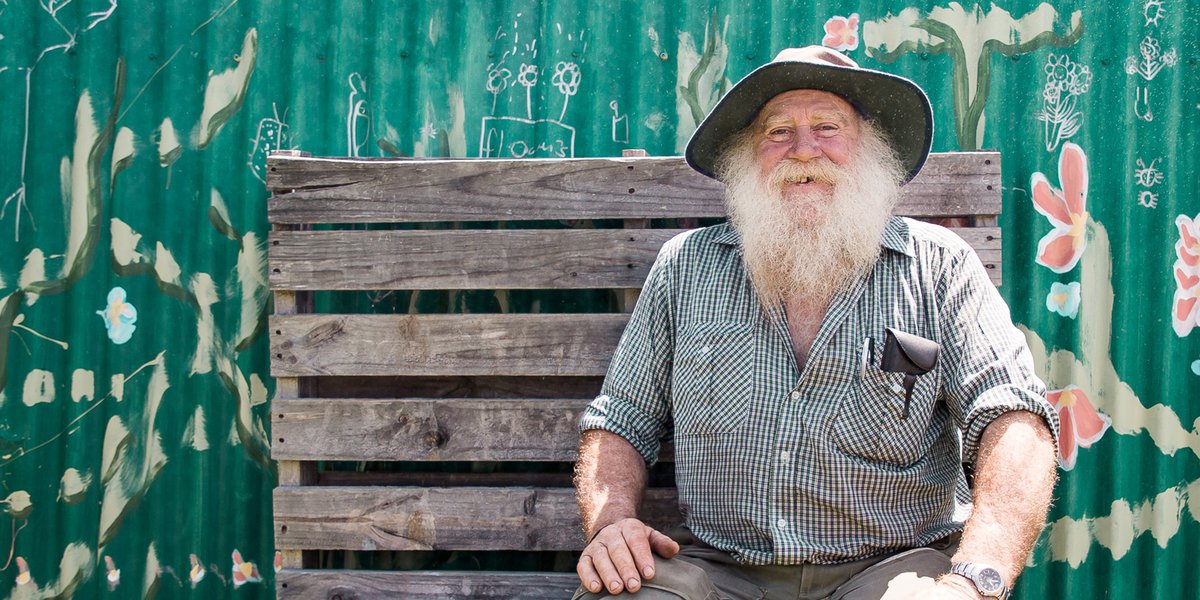Paul Berchtold
"That's what social work does to you. It opens your eyes to the world, how it is. Not a glossy brochure of life. And I think that helps you to want to change things."
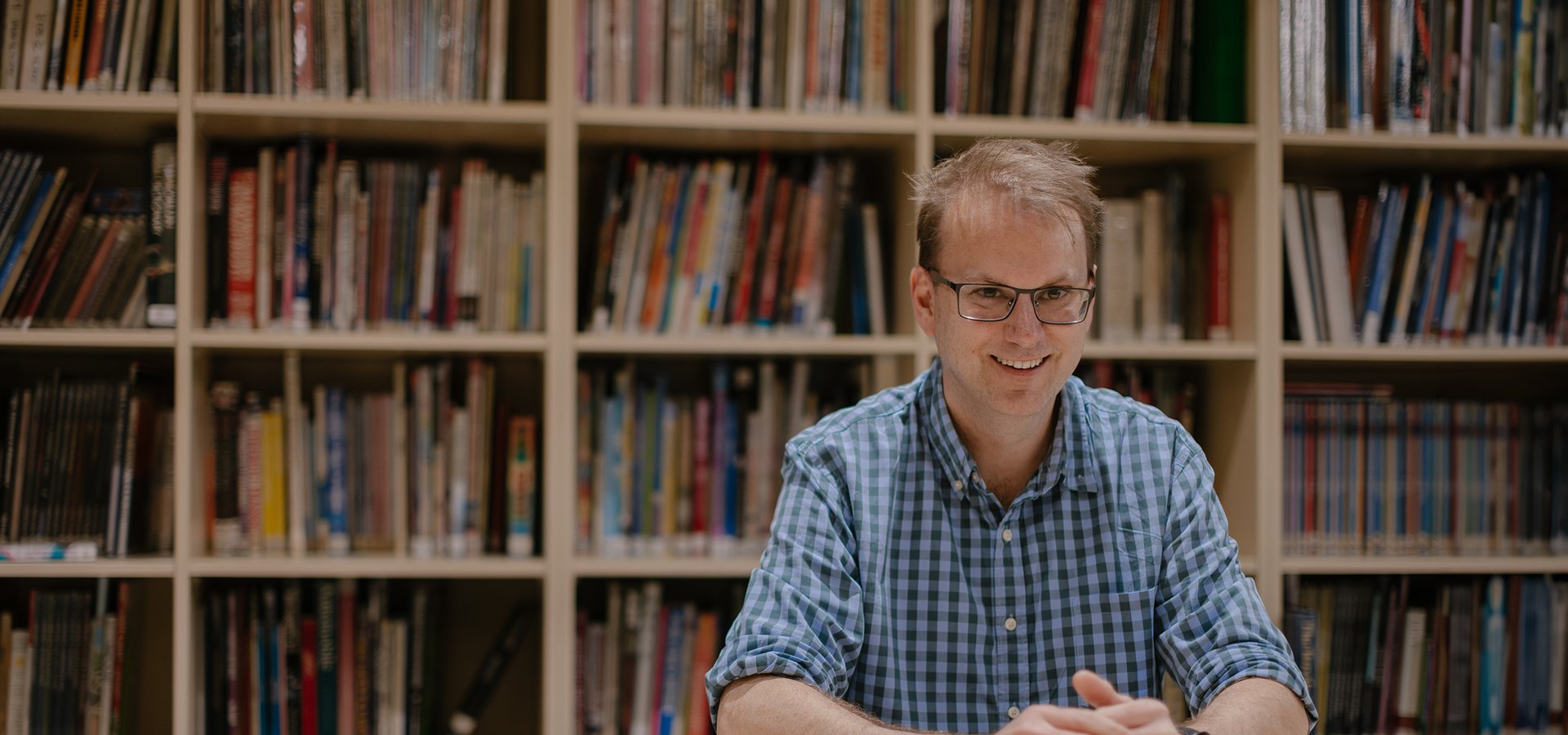
"I always imagine I’ll see them living their life in a good way, or they've got that career that they talk about now. It's a very hopeful job in that respect. The small bits that I can do now might lead to big things."
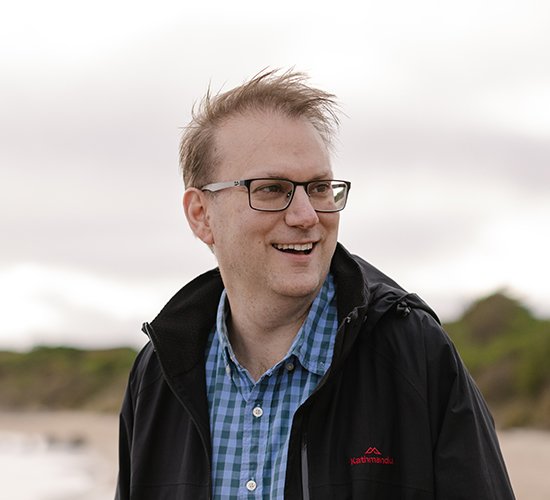
At age 22, Paul Berchtold had a very mild, very early, midlife crisis.
Paul was living in the inner suburbs of Sydney and studying to be an accountant. His days were filled with numbers and spreadsheets, with an hour-and-a-half commute either side. Two-thirds of the way through his commerce degree, Paul decided the accountant life was not for him.
“I spoke to a few friends and jumped over to a social work degree,” Paul recalls now. “It aligned so much better with my values and who I wanted to be as a person. I've always wanted to see a more equitable Australia. An Australia where anyone can succeed based on their skills and attributes.”
Studying social work was very different to studying commerce. It took Paul about a year to adjust to this new type of learning, but by the end of his student placement in a Child Protection team, Paul knew he was on the right path. He took a role in disability services, working with other Allied Health professionals to support and advocate for people living with disability. The work aligned with his values, but Sydney was falling short.
Paul met his wife Kate, an Occupational Therapist, at work. They travelled to her hometown of Devonport on holiday, and it was there, on the north west coast of Tasmania, Paul found his place.
“I just loved it,” he smiles. “It felt like a more egalitarian society. In Sydney, there's a lot more division in the communities, between the ‘haves’ and the ‘have-nots’. Here in Devonport, it felt like one community, and kids from all walks of life and families interacting together.”
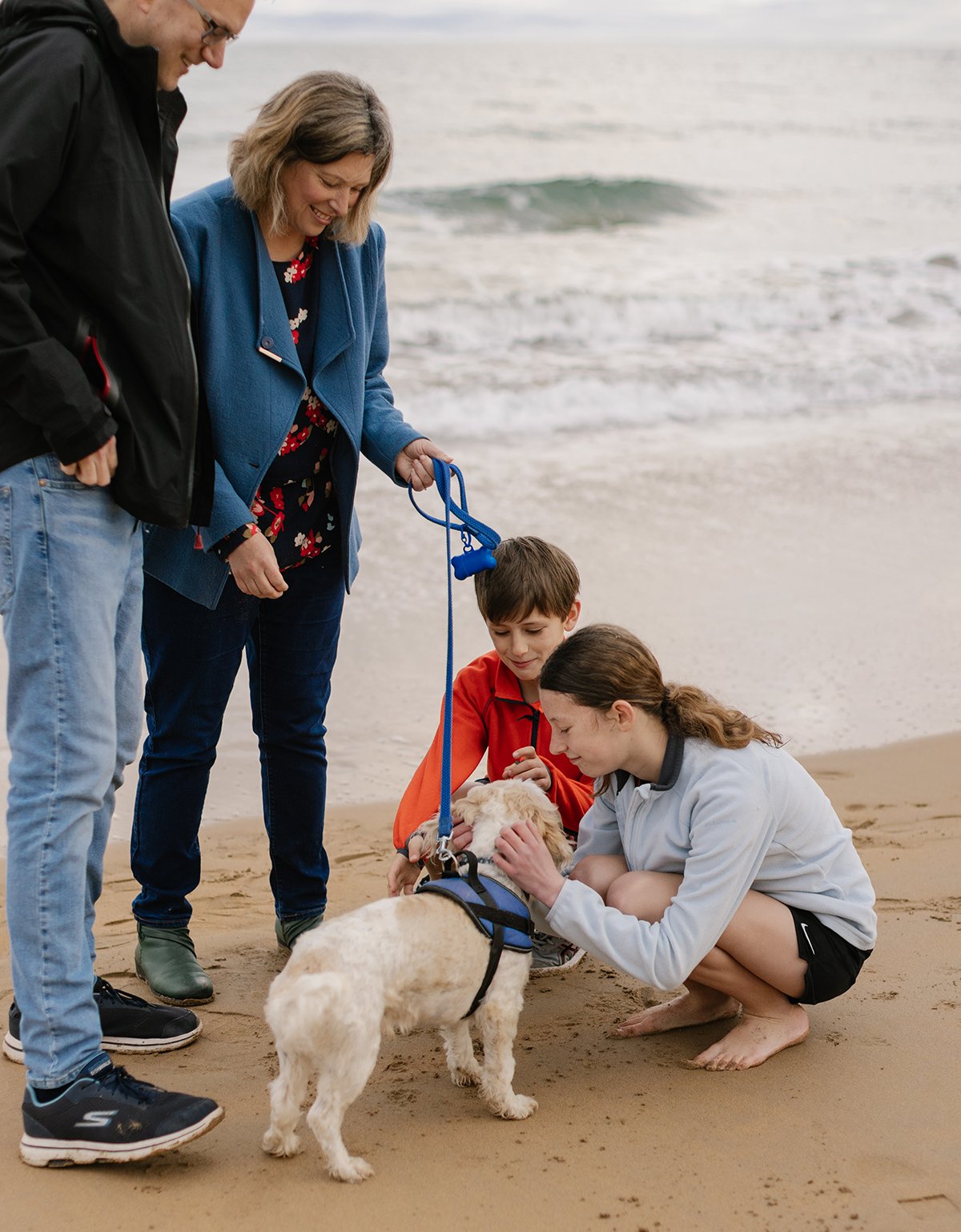
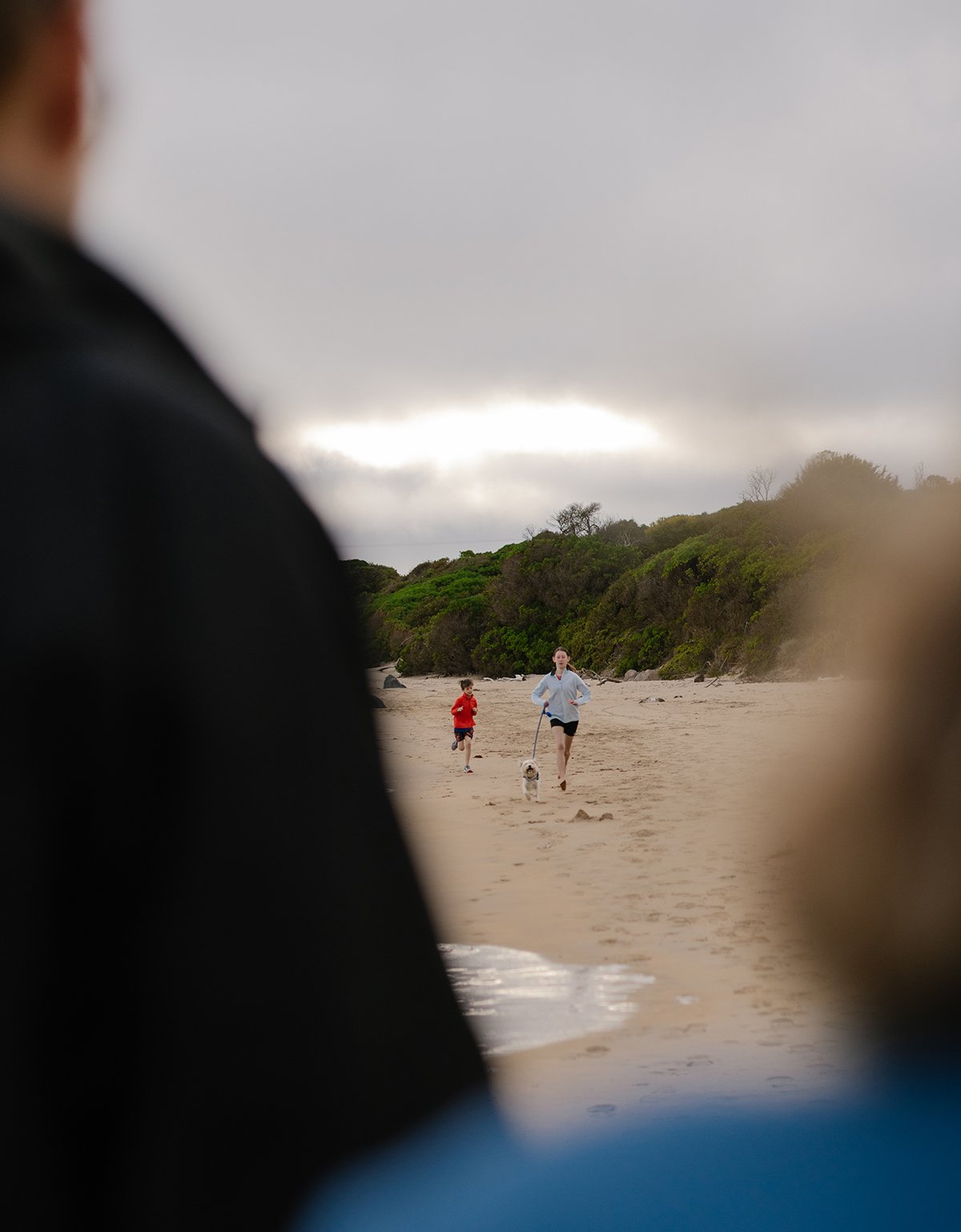
Paul, Kate, and their two kids moved to Tasmania. Paul transferred his role working for the NDIS to Devonport. From there, he circled back to working for a local NGO in the child protection space - supporting foster carers and families across the north west coast. His transition from Sydney to Tasmania reflected his switch from commerce to social work: the right move, but not without its culture shock.
“I can still remember being chased by turkeys on one farm,” he laughs. “They're the kind of things you remember. I went to one carer's house and they had chickens. The chickens all came out of their little house and just stood behind my car as I was going to leave. I sat there for like 10 minutes waiting for them to move. The carers had to come out of the house and were like, ‘What are you doing? Just drive.’”
When Paul eventually started a new role as a School Social Worker with the Tasmanian Department for Education, Children and Young People (DECYP), the transition was far easier.
In Tasmania, all government-funded high schools have a “wellbeing team”. This team is made up of a school health nurse, a psychologist, a speech and language pathologist and a social worker. They support the students together – in their lives at school and at home. When it comes to mental health, particularly in rural areas, Paul says being accessible for kids is crucial.
“Poor mental health can really get in the way of getting the help you need. When you have a broken leg, you can go out and see someone, get your leg fixed. If you've got anxiety or depression, the lack of motivation and energy that often accompanies these conditions can get in the way of you seeking help. So being in the schools, being accessible, is a really, really valuable thing to be able to do.”
For students, school attendance is not just about education. It’s a chance to develop interpersonal skills, make friends, and connect with services and experiences that might otherwise be difficult to access. Paul’s message to the kids is that, “Yes, you're coming to school to learn, but it's not just about making you do your maths and English. A lot of education can feel like, ‘Why do I need to learn this?’ or, ‘I'm not interested.’ The message I give back is that education is about learning the things you'll need throughout the rest of your life.
“If you can continue your education, the choices you have about what you do in life – and what kind of life you live – open up. Having that power when you leave school is one of the best things you can do for yourself. Because when you feel powerlessness, and you feel like you don't have choices, that's where mental health can deteriorate.”
Choice is a powerful thing, both for students and for their families. Paul works with two schools; Devonport High School and the North West Support School in Devonport and Burnie, which is for kids with significant disabilities. The work isn’t always easy – Paul and his colleagues help people throughout some of their hardest moments, supporting them then and moving forward. For Paul, it’s exactly the type of work he was searching for.
“That's what social work does to you. It opens your eyes to the world, how it is. Not a glossy brochure of life. And I think that helps you to want to change things.”
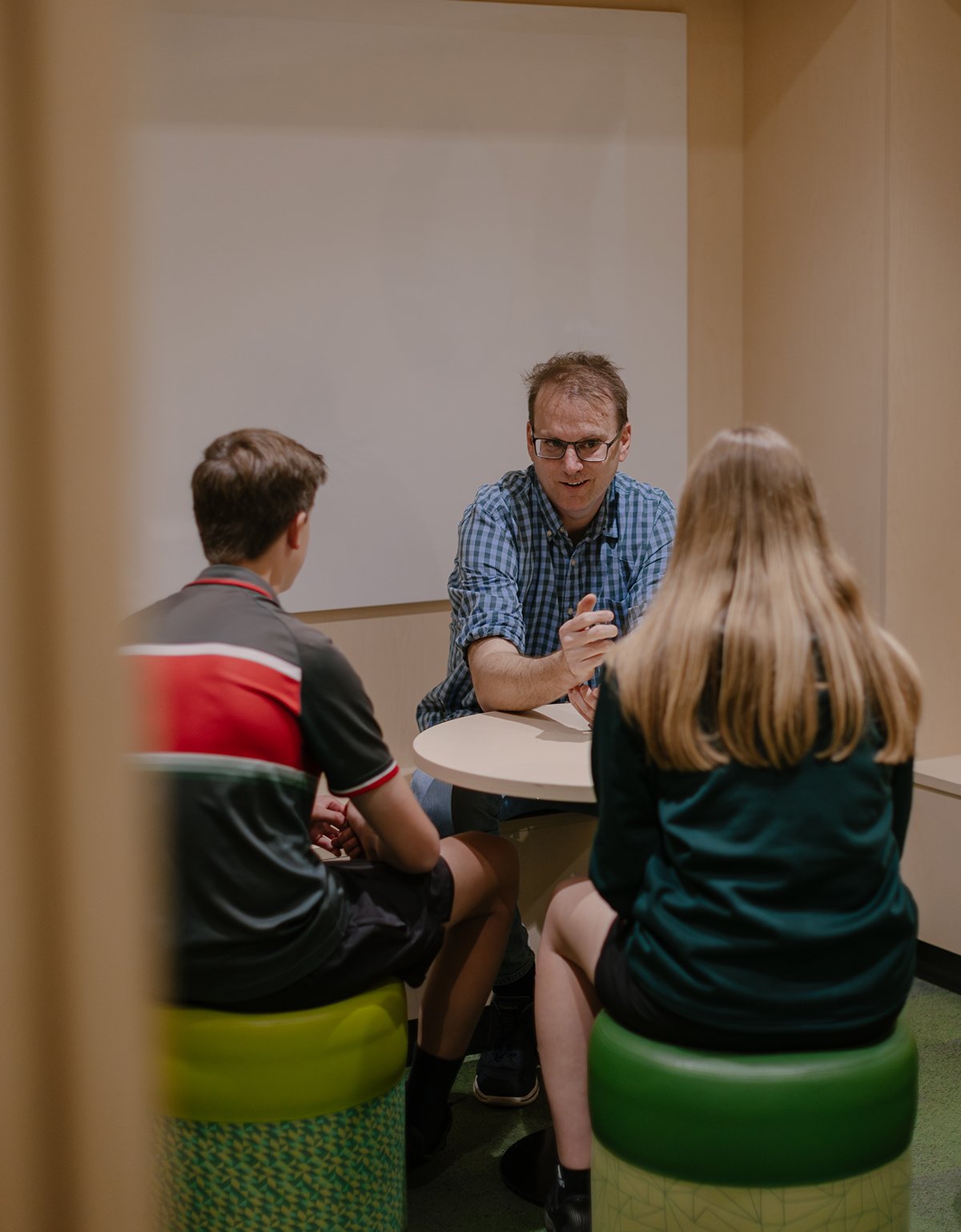
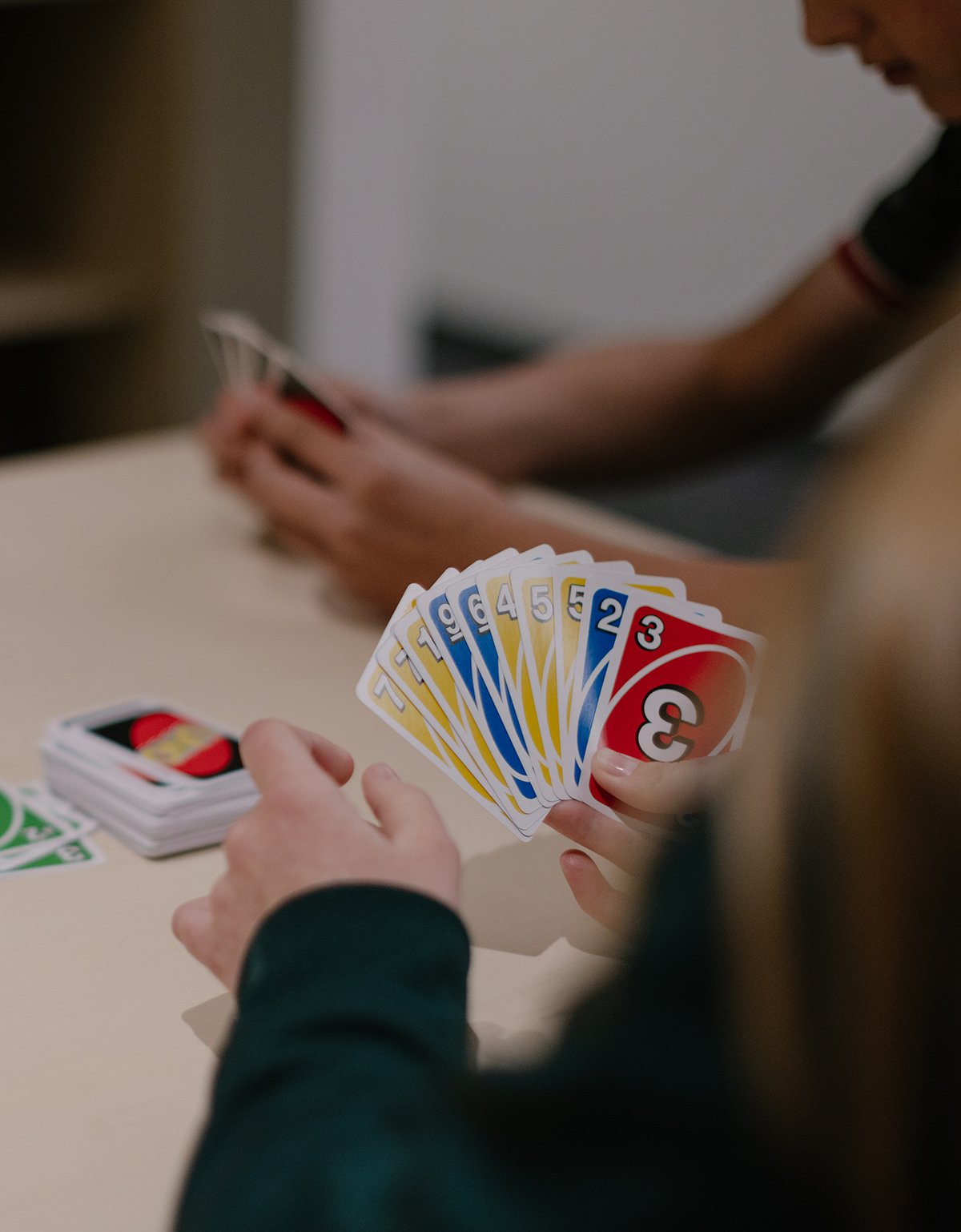
You can't not love it, walking in there and meeting the kids in the morning. They're such wonderfully diverse kids with such unique personalities. It's a privilege to be invited into their lives for short times, to see them grow and improve.
Paul’s commute to work is now two roundabouts and a stop sign. Gone are the days of a three-hour round trip on the highway; he jokes now that if there are three cars at the roundabout, it’s a bad traffic day. On weekends Paul and his family take trips up and down the coast, go horse-riding, or to the beach. They’ve embraced cold water swimming and the small community – a community made up of increasingly familiar faces.
“You can't not love it, walking in there and meeting the kids in the morning. They're such wonderfully diverse kids with such unique personalities. It's a privilege to be invited into their lives for short times, to see them grow and improve. Being a safe person that they can come and talk to is the highlight of what I do.
“Being in a small community like this, I will get to see the results in five or ten years because you run into people everywhere. I always imagine I’ll see them living their life in a good way, or they've got that career that they talk about now. It's a very hopeful job in that respect. The small bits that I can do now might lead to big things.”

We worked with north west Tasmanian photographers Moon Cheese Studio for this Tasmanian story.
Read about more Tasmanians
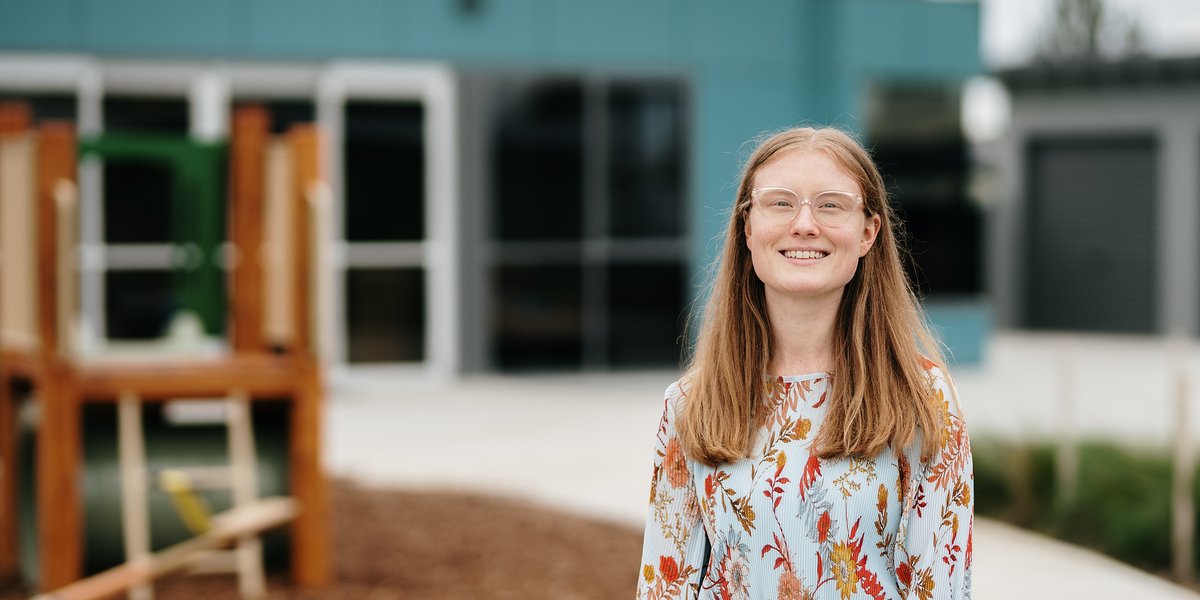
Rebekah Cook
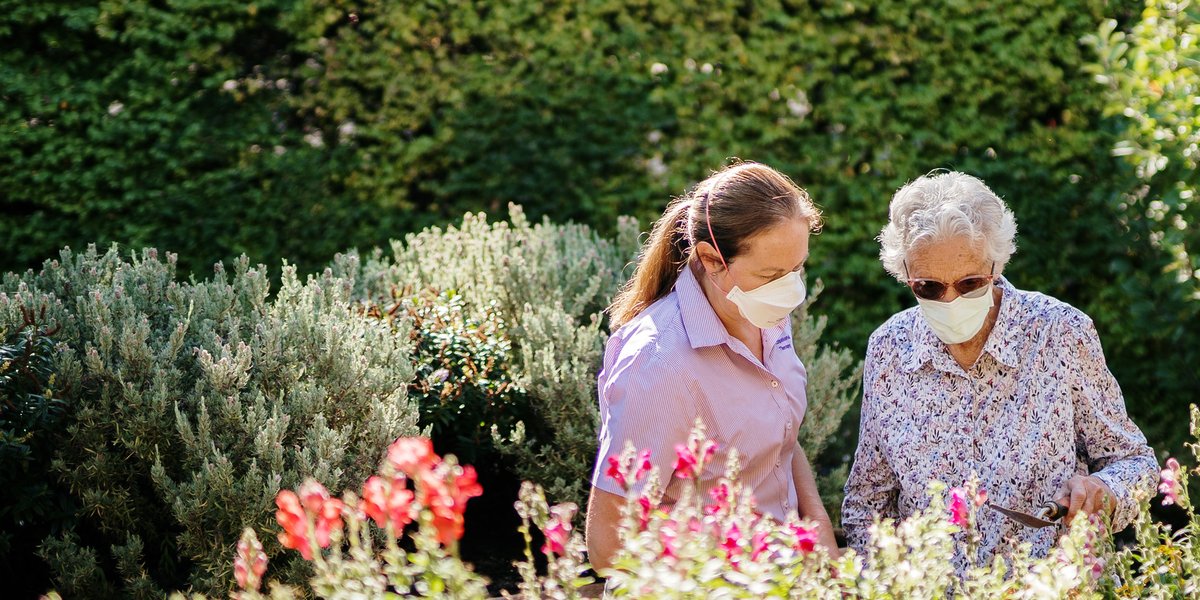
Skye Waddingham
